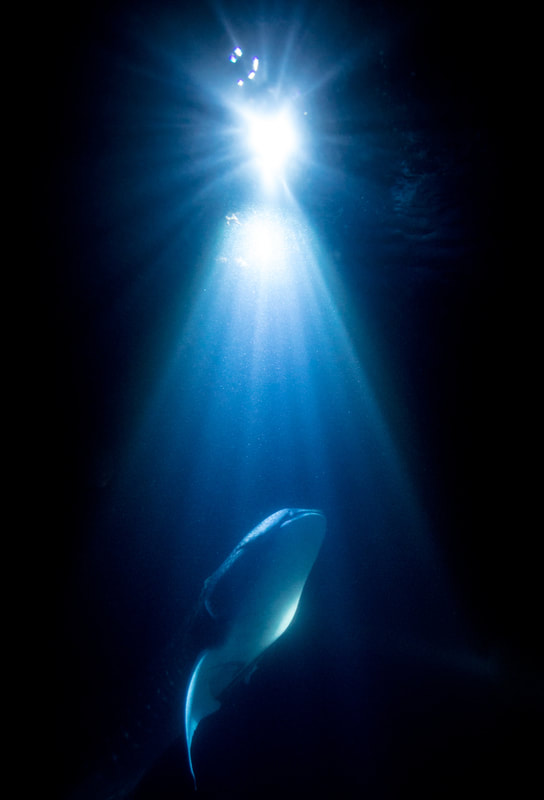Science communication is part of a scientist’s everyday life – scientists must give presentations at conferences and workshops, write articles in peer-reviewed journals, produce proposals, communicate with a variety of audiences, and educate others. But this communication was, and still unfortunately is, often limited to peer-to-peer. In the past few decades, communication adapted to a wider, and often non-scientific, audience has grown through varied new channels – television, press, social networks, websites, etc – and has become a condition for most funding opportunities.
« To be a successful scientist, you must be an effective communicator. »
|
« Effective communication is about getting your message across. Specifically, it involves capturing your audience's attention, ensuring your audience understands the idea you are trying to convey, and encouraging your audience to do something with that information, such as remember it, apply it, or provide feedback. A message is not just information; rather, it is the interpretation of the information. It says what the information means for the audience. It is to information what conclusions are to results. If information is the answer to the question What? (as in "What did you find in your research?"), then the message is the answer to the question So what? (as in "What do your findings mean to your audience?").
Effective communication, therefore, is centered on the audience: It is audience-friendly, just as effective software is user-friendly. In your communication, focus on what your audience needs or wants to learn, not on what you feel like telling them. Strive to see things from their perspective. Keep in mind all the potential members of your audience (at least those who matter for your purpose), not just those who have expertise or interests similar to your own. » |
The IUCN SSC Shark Specialist Group (SSG) vision is a world where sharks, rays and chimaeras are valued and managed sustainably. Our mission is to secure the conservation, management and, where necessary, the recovery of the world's sharks, rays, and chimaeras by mobilizing technical and scientific expertise to provide the knowledge that enables action.
Shark Specialist Group members are primarily scientists, and their mission is to 'provide the knowledge that enables action'. This action is directly linked to policy, political decisions, and public engagement; hence, understanding their scientific communication plays a crucial role in the application and success of these actions.
Shark Specialist Group members are primarily scientists, and their mission is to 'provide the knowledge that enables action'. This action is directly linked to policy, political decisions, and public engagement; hence, understanding their scientific communication plays a crucial role in the application and success of these actions.
|
« When scientists are able to communicate effectively beyond their peers to broader, non-scientist audiences, it builds support for science, promotes understanding of its wider relevance to society, and encourages more informed decision-making at all levels, from government to communities to individuals. It can also make science accessible to audiences that traditionally have been excluded from the process of science. It can help make science more diverse and inclusive. »
|
This website, our social network feeds and our publications play a key role in communicating effectively to a varied and wide audience.


